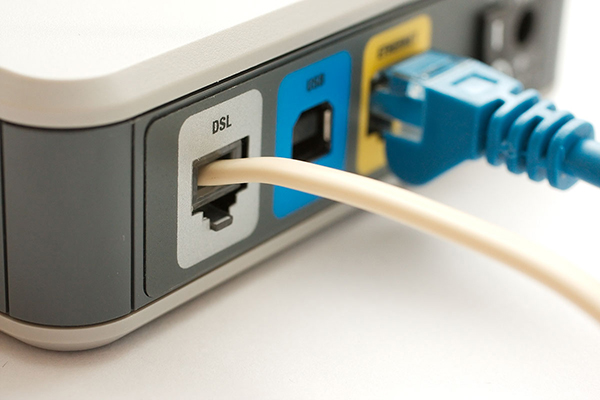It’s happened to all of us, it’s frustrating as heck. You call support and they have no clue. And, at night time it’s the most painful when we want to stream movies, or listen to music. It’s the inevitable Internet connection slowdown at night!
This is the most common problem reported to tech support, and if you search for it you’ll find a ton of blog posts by frustrated ISP customers.
Here is a recent complaint I came across on an Xfinity forum:
“very slow internet at night!! –
I have the 50 Mbps service at my home. For the last few days, my internet speeds in the evening are terrible. Between the hours of 7 pm and midnight my speed drops tremendously to the point my sons can’t play any online games…We had a technician out to the house yesterday and they replaced the line from the pole to the house but that did no good…Anyone else in this area experiencing the same thing?? Now during the day our service is fine. But like I said the hours above it goes to the toilet.”
And, we’re not picking on Xfinity. All Cable Internet providers have this problem.
The problem may lie with your Internet Service Provider’s (ISP), or it could be issues at your end as well. Reasons why may also differ based on the type of service. There are a few reasons why, and we’ve tried to tackle the most common.
Congestion (most common)
The simple answer is because more people are using it. In many regards a cable modem system is similar to a highway. Folks are sharing the road, and the more that go for a ride the slower traffic moves. This is especially true with Cable Internet connections. And, of course, nighttime is when people use their home Internet connection the most – it’s the Netflix syndrome. Since DSL is more of a dedicated line it slows down less than cable networks.
To fix this the only solution is switch cable providers. If you have more than one provider in your neighborhood there may be one with fewer customers than another. The other thing to look at is other computers on the same network. If you’ve setup a “home” network, and several in-house users have access, one may be hogging more bandwidth than the others.
The Weather (satellite connections)
Are you a remote home or office with satellite connection instead of a cable? If that’s the case changes in weather are many times the culprit. These changes in weather conditions at the receiver antenna lead to signal interference and hence poor internet speeds.
If you’re and outdated dish I suggest calling your satellite provider and having them install an updated one – the larger size dish is less susceptible to rain fade. If you’re experiencing loss of picture on only local channels, there is nothing you can do. Local channels are transmitted to the dish on Ka band, which are even more prone to rain interference. You may also call your satellite provider and ask to “have the dish peaked” (aligned better). A poorly aligned dish can experience loss of signal earlier than a properly aligned dish.
If none of these fixes work, you’re going to have to live with it. Satellites are effected by the weather sometimes so you’ll have to slug it out.
Change the location of your Router
We know it might be tempting to hide away that ugly router of yours in a cupboard or cabinet, but that’s not going to help your wireless connection speeds. I know what how it is – mine sits under my desk. Wireless routers are omni-directional receivers, shooting their signals in all directions within a dome-like radius. However, like talking or shouting, walls, objects, and overall distance will all adversely affect signal strength. Try to position your router within an open, central location in your house away from walls and other dense objects that might obstruct the signal from reaching the far corners of your living room and other parts of your home. If that doesn’t work you can get a repeater. For larger homes it’s actually mandatory.
Router Need an Update?
How old is your router anyway? When was the last time you updated its software? Manufactures are always rolling out new improvements and upgrades via firmware and driver updates. Over time, especially today, the number of devices we use also increases. And, when multiple devices are connected to the router, it may not be able to handle it. Also, it may not be able to accommodate high internet speeds which are beyond its capability. So, break down and purchase a new router or update the one you have. It’s not as fun as buying a new hat, but it will save you some frustration.
Browser extensions
Browser extensions are useful, but they can increase your browser’s memory usage, make it take and slow it down your Internet surfing. You should definitely go into Task Manager to see how much memory each one is using. Almost all antivirus software now have browser apps, whereas they used to remove them! Symantec has a search tool that is tough to get rid of…it’s a great tool but I’d advise disabling if you can. But, the rule of thumb is – don’t load browser extensions! Or, at least try to limit them and disable all the unnecessary extensions to enjoy a better speed. It’s not a night time thing, but will help.





